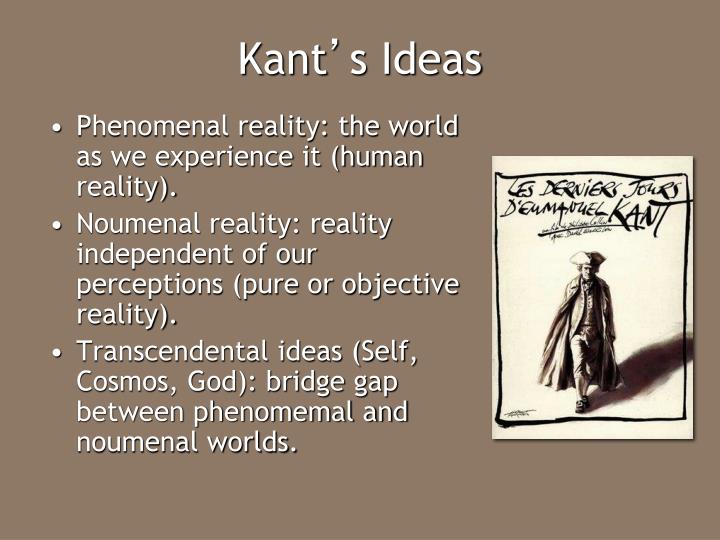
The aim of my thesis is to provide a unified reading of reason’s systematicity as an essential feature of Kant’s analysis of the sources of cognition. Despite a renewed interest in Kant’s notion of systematicity in recent decades, existing contributions fail to offer a satisfactory account of it. As far as (i.) is concerned, Kant’s position is far from being clearly understood in the literature. My PhD thesis has a two-pronged objective: (i.) to reconstruct the complexity of the notion of systematicity in Kant’s Critique of Pure Reason and (ii.) to defend its plausibility in contemporary debates on the unity or plurality of scientific knowledge. But how can such system form once we take into account the perspectival nature of knowledge, i.e., its being situated in individual human cognitive faculties? In other words, cognition about empirical objects can aspire to be scientific only if it is rationally embedded within or transformed into a system.

Scientific knowledge, for Kant, is made possible by the faculty of reason and its demand for systematic unity (or, ‘systematicity’).

What makes scientific knowledge possible? The philosopher Immanuel Kant in his magnum opus, the Critique of Pure Reason, had a fascinating and puzzling answer to this question.


 0 kommentar(er)
0 kommentar(er)
